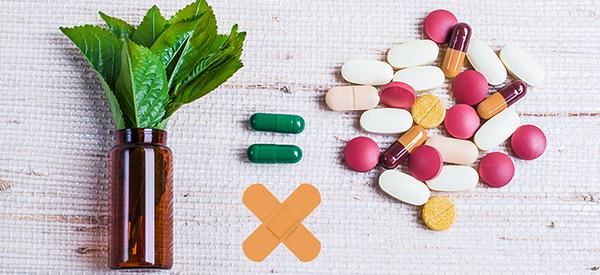
Natural Remedies with Risky Drug Interaction
Natural remedies can be a good way to treat your health issues without additional chemicals, but they’re not always safe. If you’re already taking other drugs or medications, you need to know which herbs interact with them.
In minor instances, your medication may not work as well or it might cause a small problem like a headache. However, it’s also possible for interactions to be much more serious and even potentially deadly. You should always do your research before mixing natural and chemical remedies.
The following herbs should be checked before using certain medications.
Black Cohosh
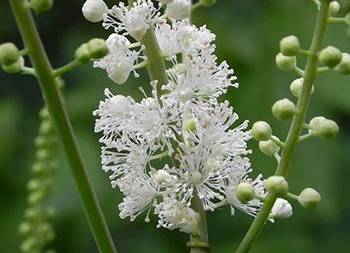
Commonly used to treat the symptoms of menopause, this herb can be dangerous when taking with statin drugs, which are given when you have high cholesterol.
The mixture of the two remedies may result in an increase in liver enzymes and will need to be monitored.
Cayenne

Chili pepper is great for stimulating weight loss and reducing pain from arthritis. Unfortunately, if you already take an ACE inhibitor for high blood pressure or theophylline for lung issues, there may be an interaction.
With ACE inhibitors, cayenne can result in a drug-induced cough, while theophylline and cayenne mean higher doses of the drug will be absorbed, which could result in an overdose.
Neither of these is terribly worrisome but should be watched.
Cranberries
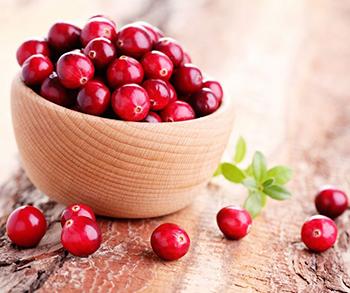
You may take cranberries or cranberry juice for urinary tract infections, but if you’re taking it while you’re on specific drugs, it can be unpleasant.
With Midazolam, a benzodiazepine, and Warfarin, a blood thinner, cranberries can increase the amount of the drug in your system, while taking it with tacrolimus may result in less of the drug being absorbed.
Taking cranberries with statin drugs for cholesterol may end up causing more side effects than usual.
Echinacea
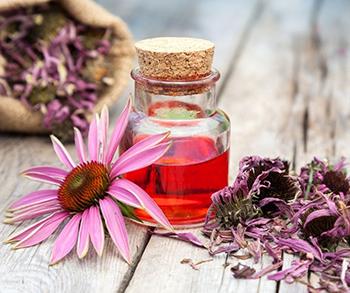
Usually used to help boost the immune system and treat colds, echinacea may react with antiretroviral drugs, as well as dextromethorphan, which is found in many cough syrups, immunosuppressants, and midazolam.
In most cases, it changes how much of the drug your body absorbs. However, it’s particularly important not to take echinacea with immunosuppressants.
Evening Primrose Oil
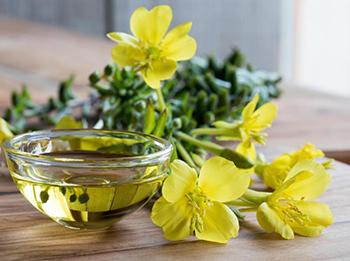
You may use evening primrose in order to treat PMS or menopausal symptoms, but if you take drugs for schizophrenia, it could be a bad idea.
Evening primrose oil, in combination with phenothiazines, can result in higher levels of epilepsy. While the risk is low, you should know about it.
Garlic
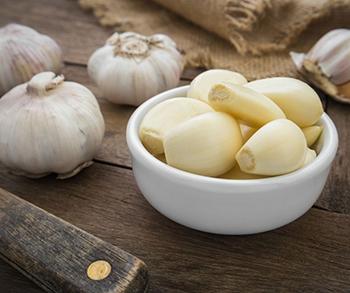
Nearly everyone eats garlic and you may use it as a remedy, as well. Something to keep in mind is that garlic may interfere with anticoagulants and antiplatelet drugs and cause more bleeding.
If you’re taking garlic, you need to be sure to stop it at least a week before any surgery. Garlic may also lower the drug level if you take HIV protease inhibitors.
Ginger
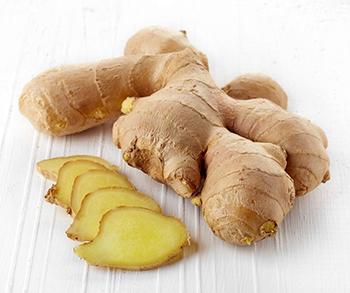
Ginger tea is well known for its ability to calm nausea and increase the efficiency of your immune system, but did you know it can also react with drugs like antiplatelet and anticoagulant drugs?
It may cause spontaneous bleeding when taken with Warfarin. Ginger also interacts with nifedipine and crizotinib, so should be avoided when taking these drugs.
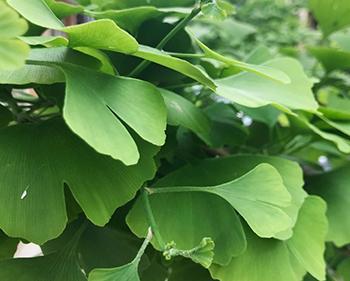
Ginkgo Biloba
If you consider taking Ginkgo Biloba, it’s very important to double-check the interactions with any drugs.
Unfortunately, it can react to a wide variety of medications, including anticonvulsants, anticoagulants, antipsychotics, antiretrovirals, atorvastatin, hypoglycemic drugs, nifedipine, omeprazole, statin drugs, tadalafil, talinolol, and others.
Green Tea
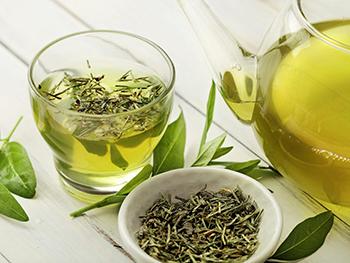
Another very common remedy for upset stomachs and to help detoxify the body and provide energy, green tea can be found in many households.
Unfortunately, it’s also dangerous when taken with Sunitinib, which is used for treating certain types of cancer. However, green tea may also affect how effective drugs such as digoxin, folate, immunosuppressives, statin drugs, warfarin, and other drugs are.
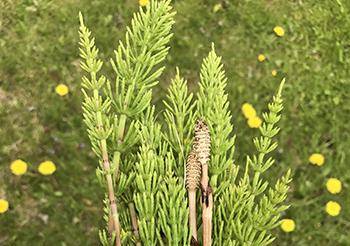
Horsetail
Trying to boost nail and hair health with horsetail?
While this works fairly well, it should not be taken with antiretroviral drugs, as studies show that it can cause the virus to breakthrough.
Licorice Root
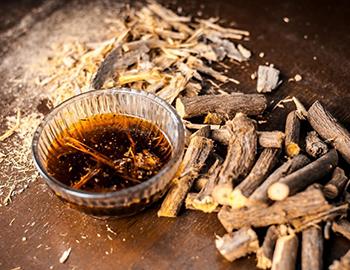
You may already use licorice root as a treatment for upper respiratory infections or ulcers. It’s also a natural anti-inflammatory, but it can cause issues if used with some medications.
These include medications to lower blood pressure, corticosteroids, Cilostazol, Digoxin, diuretics, and any drugs that drop your potassium levels. You should also avoid licorice with immunosuppressants, terbutaline, omeprazole, and midazolam.
Milk Thistle
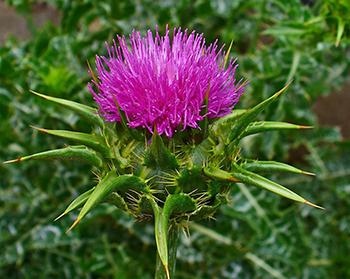
If you have liver problems, you’ve probably taken milk thistle at some point. The herb is also helpful for treating gallbladder problems and dropping cholesterol levels.
If you are currently taking domperidone, ornidazole, or insulin, it’s very important to avoid the natural remedy. It may also cause problems if taken with immunosuppressives, losartan, metronidazole, nifedipine, and talinolol.
Slippery Elm Bark
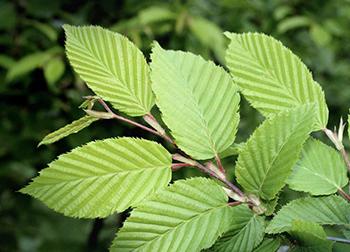
This handy natural remedy for everything from skin problems to UTIs and coughs, but it does tend to cause issues with many drugs. If you take any type of prescribed medication, you should be very careful not to take them less than four hours apart, as slippery elm will slow the absorption of the drugs.
St. John’s Wort
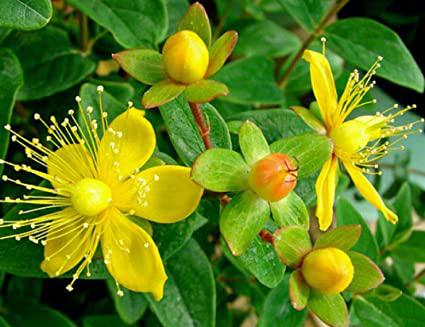
You probably already know that St. John’s Wort, which is used for depression and anxiety, can render hormonal birth control pills unreliable. However, it’s actually not a good idea to take it with a long list of drugs.
It’s best to check with your doctor if you are taking any kind of drug, but the worst offenders for causing problems include Nifedipine and other calcium channel antagonist drugs, clozapine, chemotherapy drugs, clozapine, docetaxel, finasteride, HIV medications, Ivabradine, and S-Ketamine.
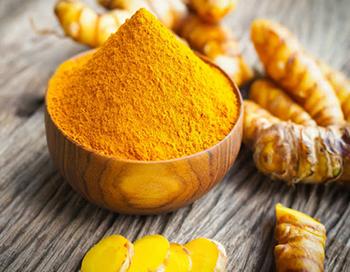
Turmeric
Do you enjoy adding turmeric to your food? You should probably avoid it as a flavoring and as a natural remedy for stomach upsets if you’re taking talinolol or tacrolimus, as it can result in health problems.
However, turmeric also interacts negatively with anticoagulants and etoricoxib, particularly when used long term.
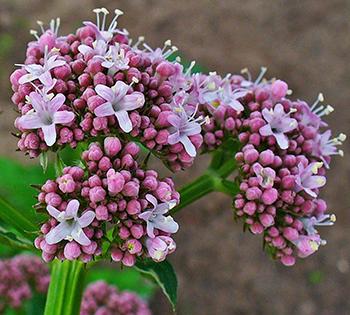
Valerian
Some people find valerian a useful sleep aid and may use it to help reduce anxiety. Since it’s already making you drowsy, it’s very important not to drink alcohol with this remedy.
CNS depressants can also combine poorly with valerian and should be avoided.
Willow Bark
Using willow bark as a natural aspirin? Like aspirin, willow works as a blood thinner and that means it can combine with Warfarin to cause some issues, including unexpected bleeding. The risk is low, but you should know that it can occur.
As a general rule of thumb, you should avoid taking natural remedies with drugs that are meant to do the same thing. For example, don’t take a natural blood thinner when you are already taking blood thinners. This can result in some serious health issues. And, of course, if you’re ever worried, check with your doctor to determine which supplements are a good idea.
Just because you’re taking natural remedies doesn’t mean they’re always safe for everyone. You may have a drug in your system that will interact with the herbs, so take care as you use the natural remedies around you.
You may also like:
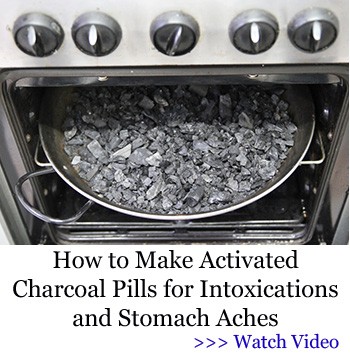 4 Natural Antibiotics that Can Replace Over-the-Counter Drugs
4 Natural Antibiotics that Can Replace Over-the-Counter Drugs
The Berry That Is Illegal To Grow (In Some States), But Perfectly Fine To Forage (Video)
15 Common Herbal Mistakes You Are Probably Making Right Now!

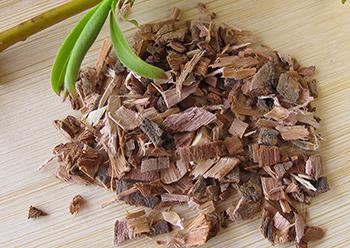
I am 85years old and take Ginkgo Biloba to strengthen my memory. The side effect of this is, that my hair which is normally white is now turning dark. Is this normal?
Please not the licorice should not be taken close to the time you take thyroid medication.